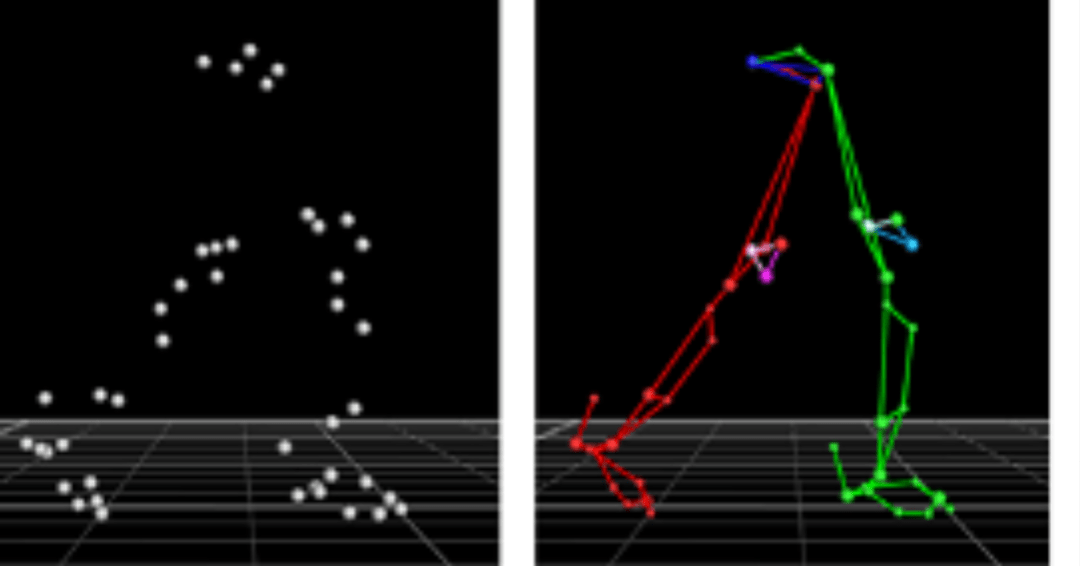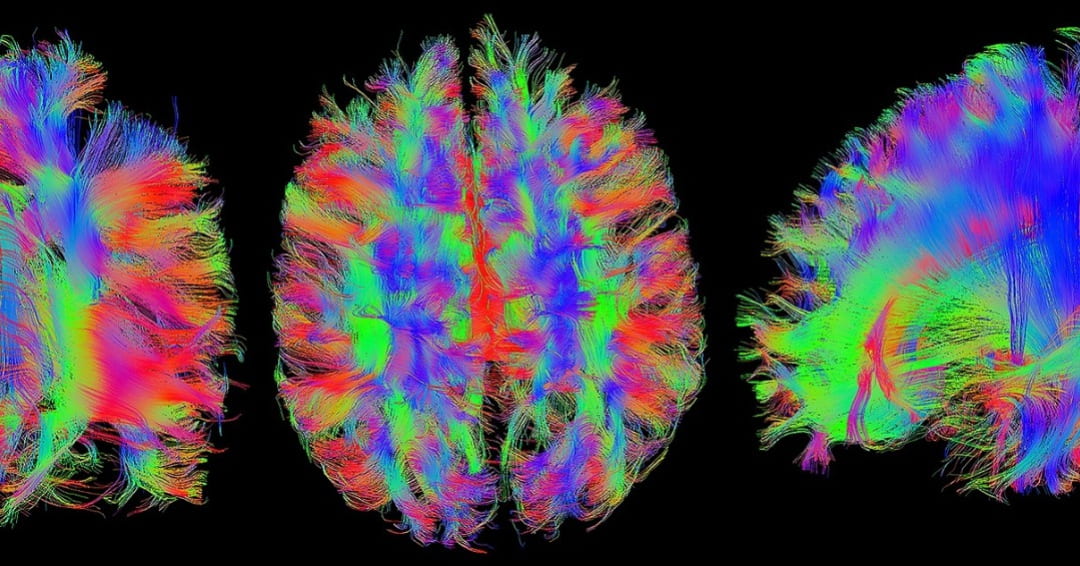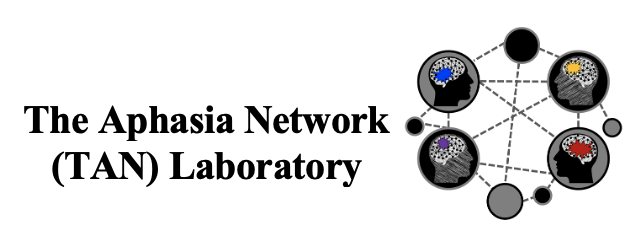Current Research Projects

It Takes Two: Dual-Task Imaging Using Two Functional Near-Infrared Spectroscopy (fNIRS) System In Younger And Older Healthy Adults
“The Walking and Talking Study”
Our brain and behavior change as we age. This study seeks to understand how language, gait, and brain activity during walking-talking experiments differ between neurologically healthy younger and older adults.

Neural Bases of Longitudinal Cognitive-Linguistic Outcomes in Aphasia
“The Cap Study”
Aphasia affects someone’s ability to communicate and often greatly impacts quality of life. The goal of this study is to better understand how brain and language skills change over time in people with post-stroke and primary progressive aphasia. In this study, we particularly focus on early post-stroke recovery (< 4 months after onset).

Word Retrieval in The Wild: An Ecological Momentary Assessment (EMA) Pilot Study In People With Post-Stroke Aphasia
“The Smartwatch Study”
Anomia – or impaired word retrieval – is one of the most common deficits in people with aphasia. The goal of this study is to determine if smartwatch based ecological momentary assessment (EMA) can accurately capture real-world anomia in people with aphasia.
